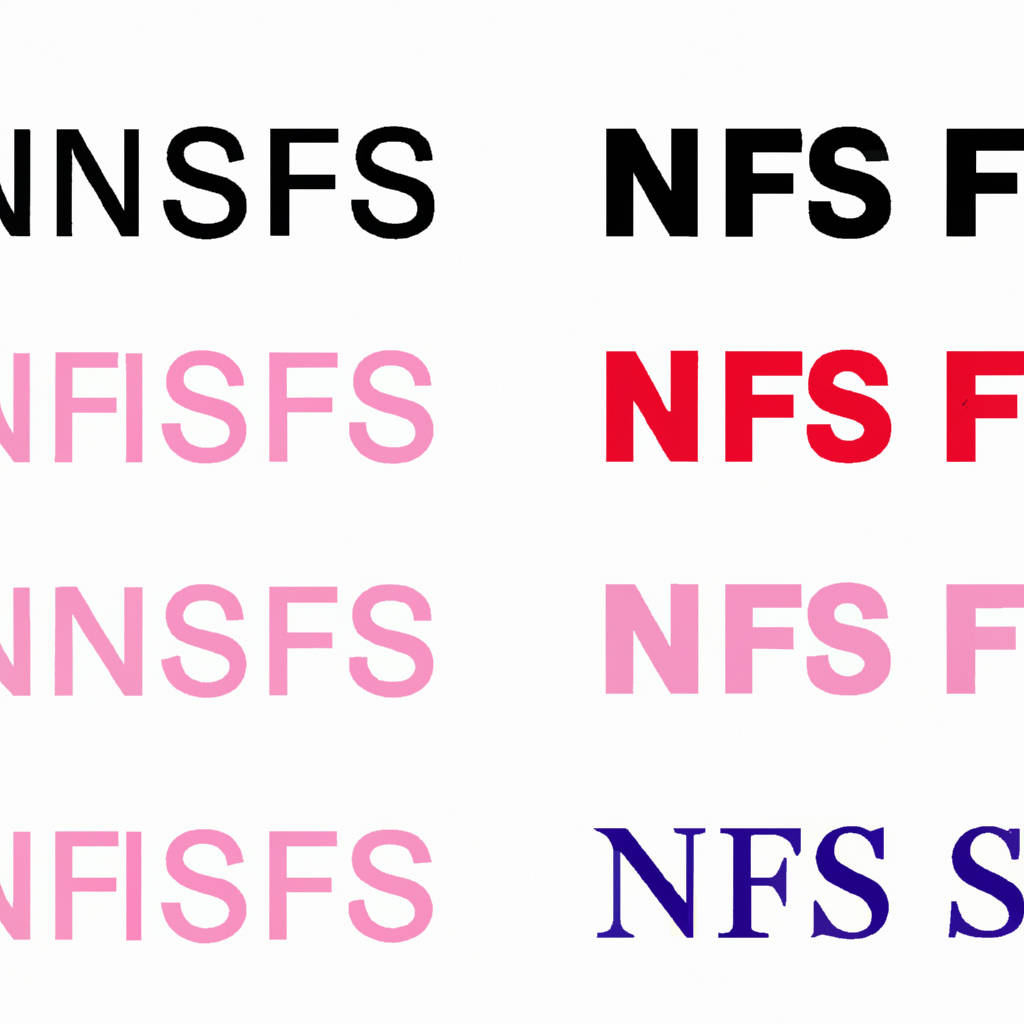While navigating the terrain of social media and text messaging, encountering abbreviations is a common occurrence. NFS is one of those abbreviations that you may see pop up in your interactions. NFS stands for “Not For Sale,” often used in online platforms to indicate that an item showcased or discussed isn’t available for purchase. This term is widely used in forums, online marketplaces, social media platforms, and personal chats. Its usage varies from casual conversations to business discussions.
For instance, you may come across it in a post where someone shares a picture of their beloved pet with the caption ‘NFS’, indicating that the pet is not up for adoption or sale. On the other hand, in a more professional setting, it may be used in the context of a unique, rare, or sentimental item that the owner has no intention of selling, regardless of the price offered. Understanding the meaning of NFS helps to clarify communication and avoid misunderstandings in these digital spaces.

Key Insights to Keep in Mind
Key insights are valuable pieces of information or understanding that provide a deeper comprehension of a particular subject or situation. They are often derived from a careful examination, exploration, and analysis of data, experiences, or observations. These insights can be instrumental in making effective decisions, creating innovative strategies, and finding meaningful solutions to complex problems. It’s important to remember that key insights are not always immediately apparent. They often require a substantial amount of critical thinking and reflection to uncover.
Furthermore, they are not solely based on hard facts and figures, but also involve a level of intuition and creativity. Key insights should always be kept in mind as they contribute to the development of a more informed and educated perspective. This, in turn, can lead to more thoughtful, strategic, and effective actions. Hence, key insights are essential in both personal and professional realms, driving intelligent decision-making, aiding in progress, and contributing to overall success. They act as guiding lights, helping to navigate through uncertainty and ambiguity. Therefore, it is essential to cultivate the ability to identify, understand, and apply these precious nuggets of wisdom.
Various Meanings of NFS (Expanded)
NFS, an acronym that holds various meanings depending on the context in which it is used. One of the most common uses of NFS is in the realm of computing, where it stands for Network File System. This is a protocol that allows a user on a client computer to access files over a network in a manner similar to how local storage is accessed. NFS is designed to enable collaboration and sharing of files and resources among users.
Another popular use of the acronym NFS is in the gaming world. Here, NFS is short for Need For Speed, a popular racing video game franchise published by Electronic Arts and currently developed by Ghost Games. The franchise is known for its immersive gameplay, high-speed races, and extensive collection of customizable cars.
In the financial sector, NFS is used as an abbreviation for Not For Sale. This term is used to indicate that a particular asset, such as real estate or a business, is not currently on the market and is not available for purchase. In a similar vein, NFS can also stand for No Further Shipment, a term used in logistics to denote that no further deliveries of a particular product will be made.
In the world of art and photography, NFS often stands for Not For Show. This is used to indicate that a piece of artwork or a photograph is not available for public display or exhibition. It may also suggest that the work is not finished or is still in the process of being created.
Lastly, in the medical field, NFS is an abbreviation for Normal for Salt, used to describe a patient who does not require a low-salt diet. Despite the various meanings of NFS, each usage shares a common trait – it serves to simplify communication in its respective field. Whether it’s sharing files, racing cars, marking assets, exhibiting artwork, or prescribing diets, NFS plays a crucial role in various spheres of our lives.

Effective Ways to Use NFS (Detailed)
Network File System (NFS) is a widely used distributed file system protocol that enables users to access files over a network in a manner similar to how local storage is accessed. To maximize the efficiency of NFS, several strategies can be implemented. Firstly, understanding and correctly setting the NFS version is crucial. Using the most recent version ensures the utilization of the latest features and improvements. Secondly, the choice of transport protocol impacts the efficiency of NFS. For instance, using TCP (Transmission Control Protocol) over UDP (User Datagram Protocol) can provide better error recovery and congestion control. In addition, the NFS read and write sizes should be tuned appropriately to achieve optimal performance.
Configuration of the NFS server is another key factor. It is advisable to use a dedicated network for NFS traffic to prevent network congestion. Also, using high-speed network interfaces and switches can significantly improve NFS performance. Furthermore, it is important to regularly monitor the NFS server’s performance. Tools like nfsstat and iostat can provide valuable statistics to identify bottlenecks and issues.
Managing the client-side configuration is equally essential. Mounting options should be set appropriately to ensure efficiency. For instance, using the ‘hard’ mounting option can prevent data inconsistency in case of server failure, while the ‘async’ option can improve write performance.
Lastly, data storage plays a significant role in NFS performance. Using high-speed storage devices and properly configuring RAID (Redundant Array of Independent Disks) can greatly enhance data read and write speeds. Also, employing a well-designed file system, such as XFS or EXT4, can add to the overall performance of NFS.
In conclusion, effective use of NFS involves careful consideration of various factors such as NFS version, transport protocol, server and client configurations, and data storage. By applying these strategies, NFS can be used efficiently for distributed file sharing, enhancing productivity and performance.
Expert Q&A: Clarifying Your Doubts
Expert Q&A sessions are a crucial tool for seeking knowledge and gaining clarity on various topics that may seem complex or confusing. These sessions bring together experienced professionals from diverse fields who share their expertise to help clarify your doubts. They provide a platform where you can directly pose your questions to a subject matter expert who can then provide an in-depth, comprehensive response. They are particularly beneficial when dealing with intricate subjects, as they provide a wealth of information in an easily digestible format. The experts impart insights, which add depth to your knowledge and help you understand the nuances of the topic at hand. These sessions are also interactive, allowing for a two-way communication, which encourages active participation and facilitates a better understanding of the subject.
Expert Q&A sessions are not limited to a specific field and can range across various disciplines such as science, technology, arts, business, health, and more. They are an excellent resource for students, professionals, and anyone seeking to expand their knowledge or resolve uncertainties in a particular subject. The value of expert Q&A sessions lies in the fact that they provide credible and accurate information, ensuring that you are correctly informed and that your doubts are adequately addressed. Whether it’s a challenging concept you’re grappling with, a trend you’re trying to understand, or a skill you’re looking to master, expert Q&A sessions can be a valuable source of enlightenment.
